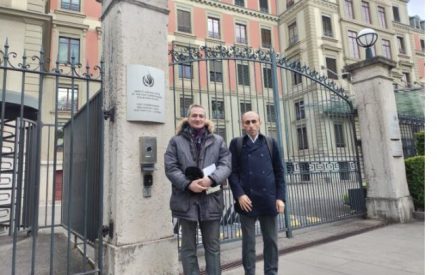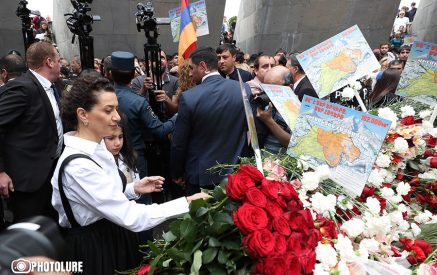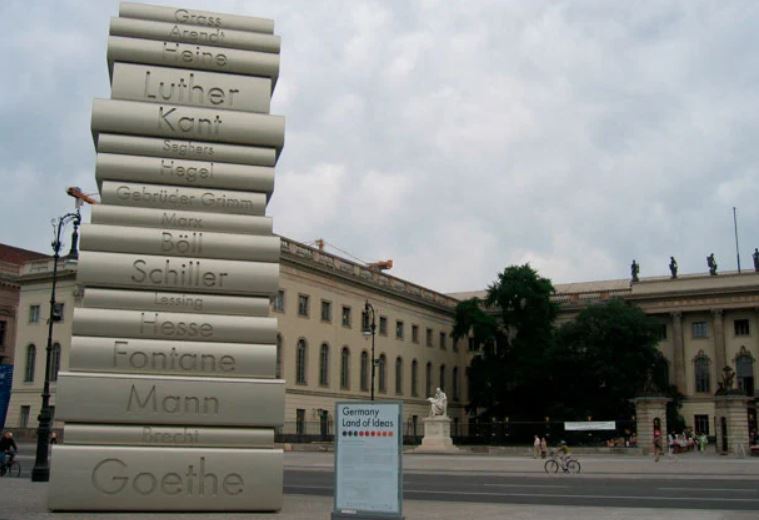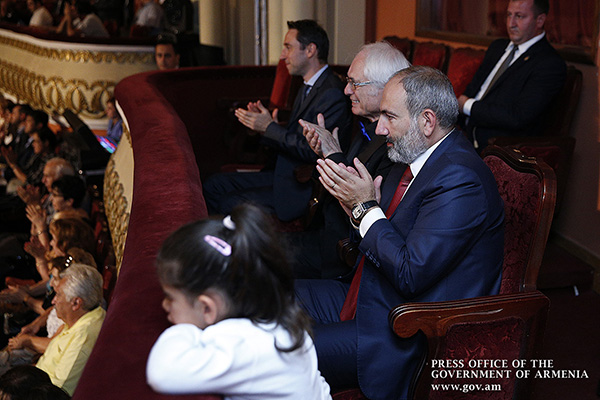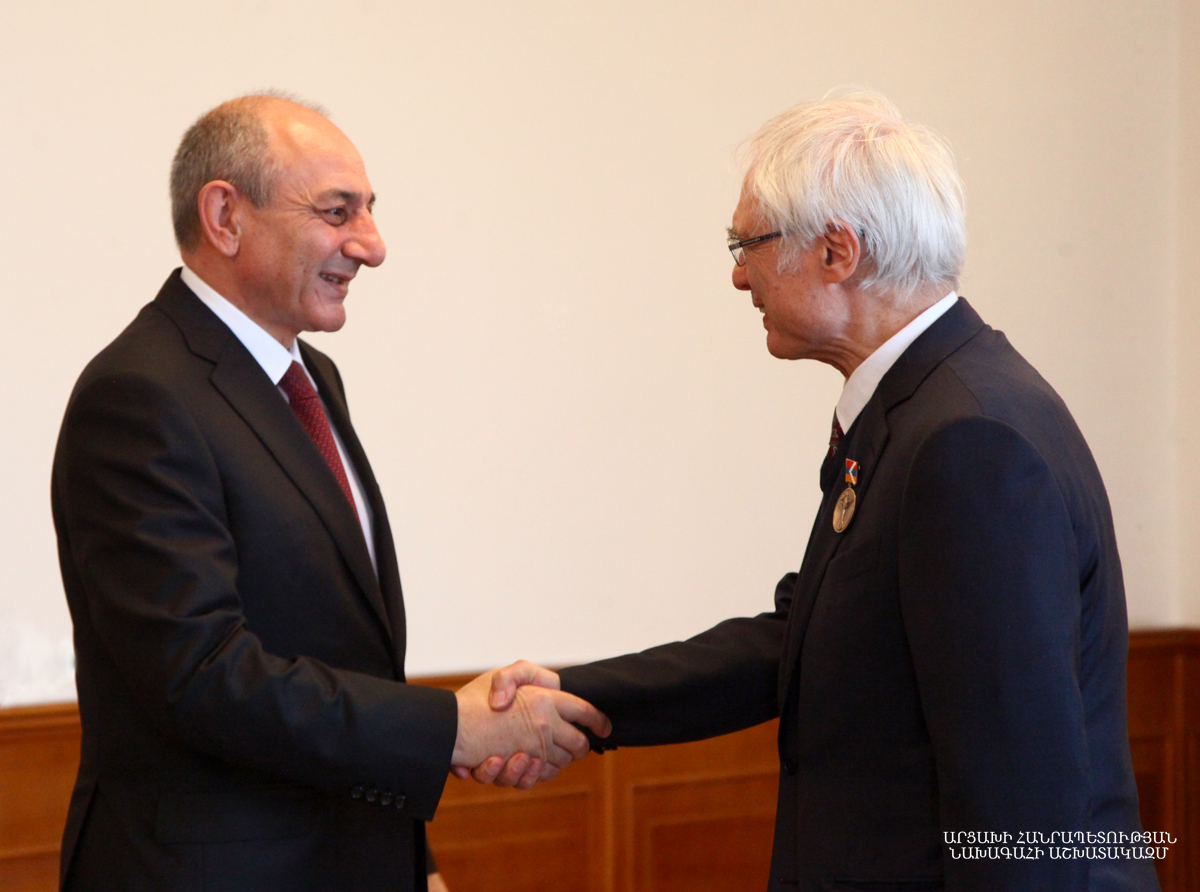I heard Tigran Mansuryan, one of the best composers of our time; speak about the siege of Artsakh. It was a very influential speech with its structure and expressed thoughts. But I know how those who shape political stories (narratives) or their supporters will react to that speech. “So why did you say this or not say that in the period of Levon (Robert, Serzh)?” “Why don’t you say “Long live Nicole” (or “Perish Nicole”)?
Any written or spoken word that has mind, soul, and spirit and thus contradicts the political “trending” narrative is frowned upon, angered, or scorned by the majority.
There are three narratives associated with intellectuals.
One/ Supporters of Ter-Petrosyan: “All of you (except for a few bright faces) are the supporters of “Haidat” and ” Not an inch of soil ” You did not understand and still do not understand the importance of pragmatism, and therefore you are guilty of the disaster that has befallen us.”
Read also
Two/ Oppositional circles. “All of you (except a few intelligent people) welcomed the coup of 2018 and, therefore, together with the current government, are responsible for this situation.”
Three/ Supporters of the government. “All of you (except for a few blameless people) used to feed from the “former”; now you dream of their return; well, then, don’t be surprised that you do not represent any authority for our wise people.”
No narrative (including these three) is 100 percent false; there is always some grain of truth. But all these stories are characterized by simplicity, one-sidedness, rejection, and aggressiveness – qualities that, of course, are liked by the “broad masses” who share one of those three points of view. By insulting the intellectuals in those three directions, thought is “exiled” from the public discourse, turning those discourses into a race of prejudices, stereotypes, and clichés.
In 1909, the collection of essays entitled Vekhi, (usually translated as “Milestones,”) was published in Moscow. A group of intellectuals tried to understand why the revolution of 1905 failed, why the reforms were slowed down or stopped, and the intelligentsia’s role (or fault) in all this. The collection received a very negative response among the supporters of Tsarism and the Bolsheviks because it did not fit into the narratives spread in the politics of that time.
Aram ABRAHAMYAN



